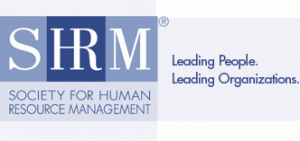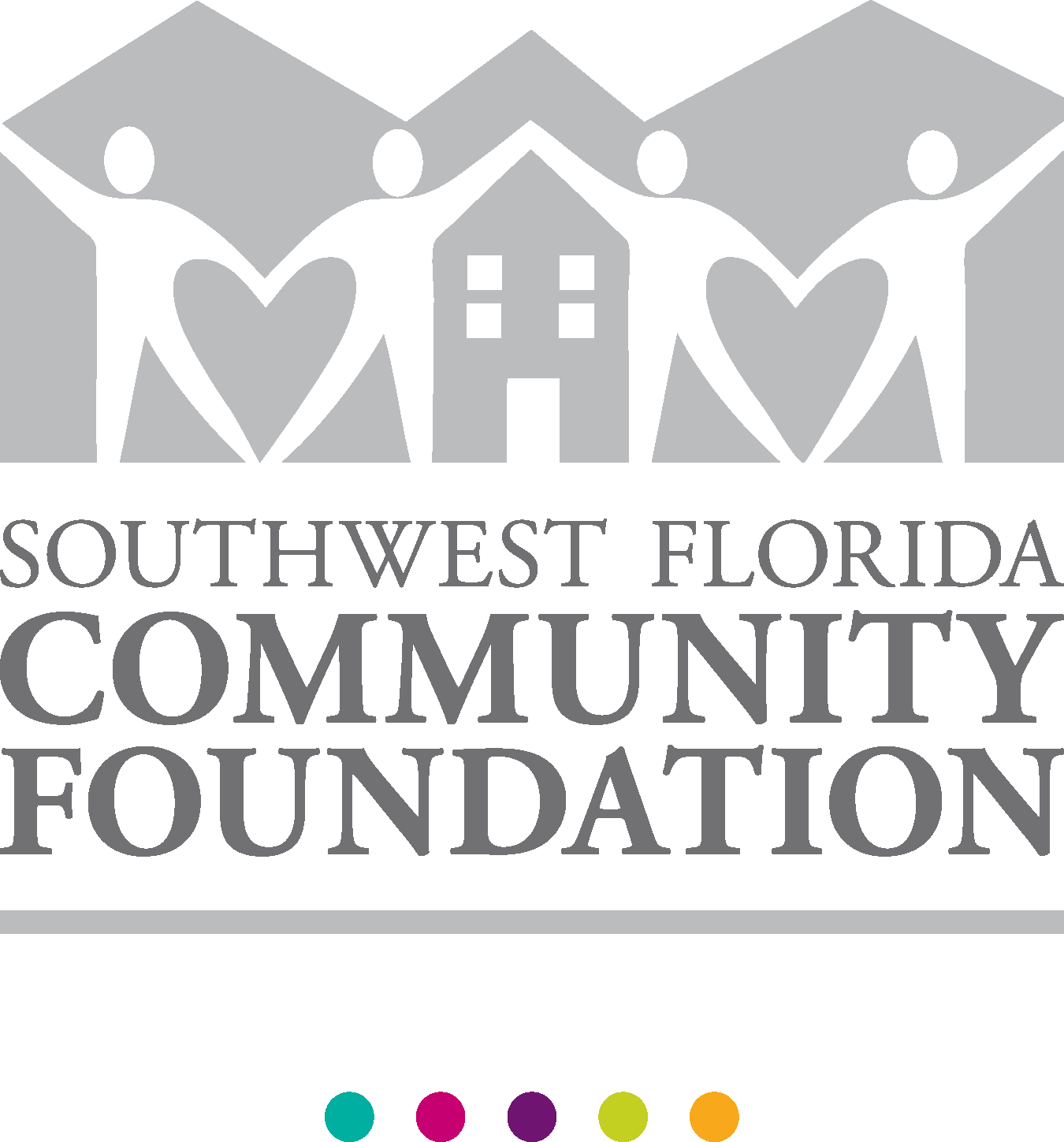Forty years on, and we’re still talking about organizational readiness for strategic HRM (of which talent management is a large piece). Boring! The time for action is long past. SHRM, are you listening?
Why the hell isn’t your critical HRM data (e.g. positions, jobs, KSAOCs, worker, organizational structures, etc.) in better shape? Why aren’t your HR professionals better at performing data analysis, including the use of rigorous statistical analysis techniques? And what about not having outcomes-based metrics? Can business leaders capture the opportunities of their industries without a truly strategic approach to the people side of the business? Great software is only an enabler. Great HRM needs much more than great software. SHRM, are you listening?
Do I sound cranky? HRM software has come a very long way over the course of my career, and we’ve learned a ton about how to do effective selections through implementations. But while the concepts of strategic HRM are well-understood, their execution still stinks in many to most organizations despite the efforts of some really great HR leaders. And I believe that improving that execution, improving fundamentally the practice of strategic human resource management, will require major changes to the HR profession. SHRM, are you listening?
In an effort to make these changes before I’m too old to care, I have two concrete suggestions. We need to change the education of HR professionals, and we need to change the work experience of HR professionals. That’s right, we need to change everything about how future HR professionals are equipped for their careers and then how their careers are developed. And that surely means that we’ll get HR professionals with a different mix of initial KSAOCs and emphasize the growth of different KSAOCs over their careers. Will that also affect everything about how we recruit, hire, deploy, develop, compensate, manage, etc. HR professionals? Absolutely, but we have to start somewhere, I think we should start with their education. SHRM, are you listening?
HR professionals must have some degree of mastery of the full range of business processes so they will understand the interplay among those processes and human resource management — and so that they can plan for and execute against those interconnections. They must also have been trained, rigorously, in the thought processes and mathematics of systems thinking and data analysis and how to bring those techniques to bear on every aspect of HRM. If this sounds like an MBA program, that’s the point. My own MBA, acquired going nights for five years while working full-time, was hard won, but that learning has helped me to function as a business person first and an IT or HRM person second. Production planning requires workforce planning. Opening new markets requires the full workforce life cycle applied to new KSAOCs. Financial management must focus on labor costs, to include the costs of non-employee workers, if it’s to help manage the largest expense of most organizations. And the list of interconnections among business processes and those of HRM is the right starting point for doing anything strategic about HRM. SHRM, are you listening?
And that’s just for starters. All modern, high quality MBA programs include a heavy dose of IT running through all the other courses because technology enablement is now the foundation of everything else that we do. But where there’s a concentration in HRM, that concentration must include solid coverage of HR technology and the lifecycle of using that technology to enable HRM processes. No technology, no HRM in this century, so there’s just no excuse for any HRM academic concentration not delivering substantial mastery over the role, selection, and deployment of the relevant technologies. And that means getting actual hands-on experience with the best of what’s current. Could SHRM do deals with HRM software vendors to make their products and some of their staff available for academic curriculae? Of course it could. SHRM, are you listening?
Would SHRM leadership qualify by the educational requirements I’ve just listed? Time’s running out for all but the best US HR leaders because increasingly the best software and outsourcing providers will deliver a lot of what’s needed and the ranks of ordinary SHRM members will be decimated. Why should struggling companies pay US corporate professional salaries for work that can be automated and/or moved to lower cost economies? With so many options now available for remote communications, do the HR professionals servicing US-based workforces really need to be onsite or even US-based? Just as so many other corporate jobs have been reduced forever in onshore numbers by the automation and globalization of work, this too is the future of much of what HR does. Is SHRM listening?
Perhaps I’m ranting because even as we’ve made tremendous progress in the research and academic understanding of strategic HRM, and in the automation support for strategic HRM, we’ve made only modest progress in the actual practice of strategic HRM over the 40+ years of my career. The technology itself is no longer a reasonable scapegoat for this lack of progress, which brings us to the hr profession and its practioners. Does SHRM understand that they own this problem? And if SHRM and the HR professionals don’t handle the problem, their operating executives and line managers will. Is SHRM listening?
In the interests of full disclosure, I’ve been a paid-up SHRM member since 1988 but have never attended a national conference.







Cannot agree more with the author. HR is nothing but a ‘noddy’ job if not a shoddy job where people skills are actually ‘ how well do i gossip’.
[…] written a lot about this topic from different perspectives (here and here for starters), but it wasn’t until this particular HR Happy Hour that I thought about […]
[…] written a lot about this topic from different perspectives (here and here for starters), but it wasn’t until this particular HR Happy Hour that I thought about […]
[…] written a lot about this topic from different perspectives (here and here for starters), but it wasn’t until this particular HR Happy Hour that I thought about […]
Hi Naomi, I really enjoyed reading this and felt it brought together a variety of different threads and perspectives, not least the value of forty years!
I’ve added a video follow up on transformation as it applies to people management and business in general on the Four Groups blog.
You’re rss is in my reader and I’d love to hear your reaction 🙂
Clearly no- or Steve Boese (The only university HRTech professor I know- ) would not have been “REJECTED” as a speaker for SHRM 2011- . Steve takes the complex of tech, and makes it simple for us non- tech people- for SHRM to not understand this and have quality speakers like Steve- is , well- case in point.
[…] This post was mentioned on Twitter by Naomi Bloom, Naomi Bloom. Naomi Bloom said: Naomi's new blog post: Is SHRM Listening… http://bit.ly/9kzTMe […]